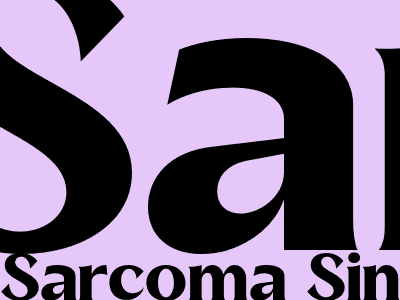Sarcoma Sinovial: A Rare and Aggressive Soft Tissue Cancer
What is Sarcoma Sinovial?
Sarcoma sinovial is a rare and aggressive type of soft tissue cancer that arises from the synovium, a thin membrane that lines the joints and tendons. It is most commonly found in the knee, but can also occur in other areas of the body, such as the ankles, wrists, and elbows.
Symptoms of Sarcoma Sinovial
Sarcoma sinovial often presents with a painless lump or swelling in the affected joint. Other symptoms may include:
- Pain
- Stiffness
- Swelling
- Limited range of motion
Causes and Risk Factors
The exact cause of sarcoma sinovial is unknown, but certain risk factors may increase a person's chances of developing the disease. These include:
- Previous radiation therapy
- Exposure to certain chemicals, such as asbestos and vinyl chloride
- Being HIV-positive
- Having a family history of sarcoma sinovial
Diagnosis and Treatment
Sarcoma sinovial is diagnosed through a biopsy, in which a small sample of tissue is removed from the tumor and examined under a microscope. Treatment options may include:
- Surgery to remove the tumor
- Radiation therapy to kill cancer cells
- Chemotherapy to kill cancer cells throughout the body
- Targeted therapy to block specific molecules that promote cancer growth
Prognosis
The prognosis for sarcoma sinovial depends on several factors, including the stage of the cancer, the patient's age and overall health, and the response to treatment. While early-stage tumors are often curable, advanced-stage tumors can be more difficult to treat.
Conclusion
Sarcoma sinovial is a rare and aggressive soft tissue cancer that requires prompt diagnosis and treatment. By understanding the symptoms, risk factors, and treatment options, individuals can help ensure early detection and improve their chances of a favorable outcome.

Comments